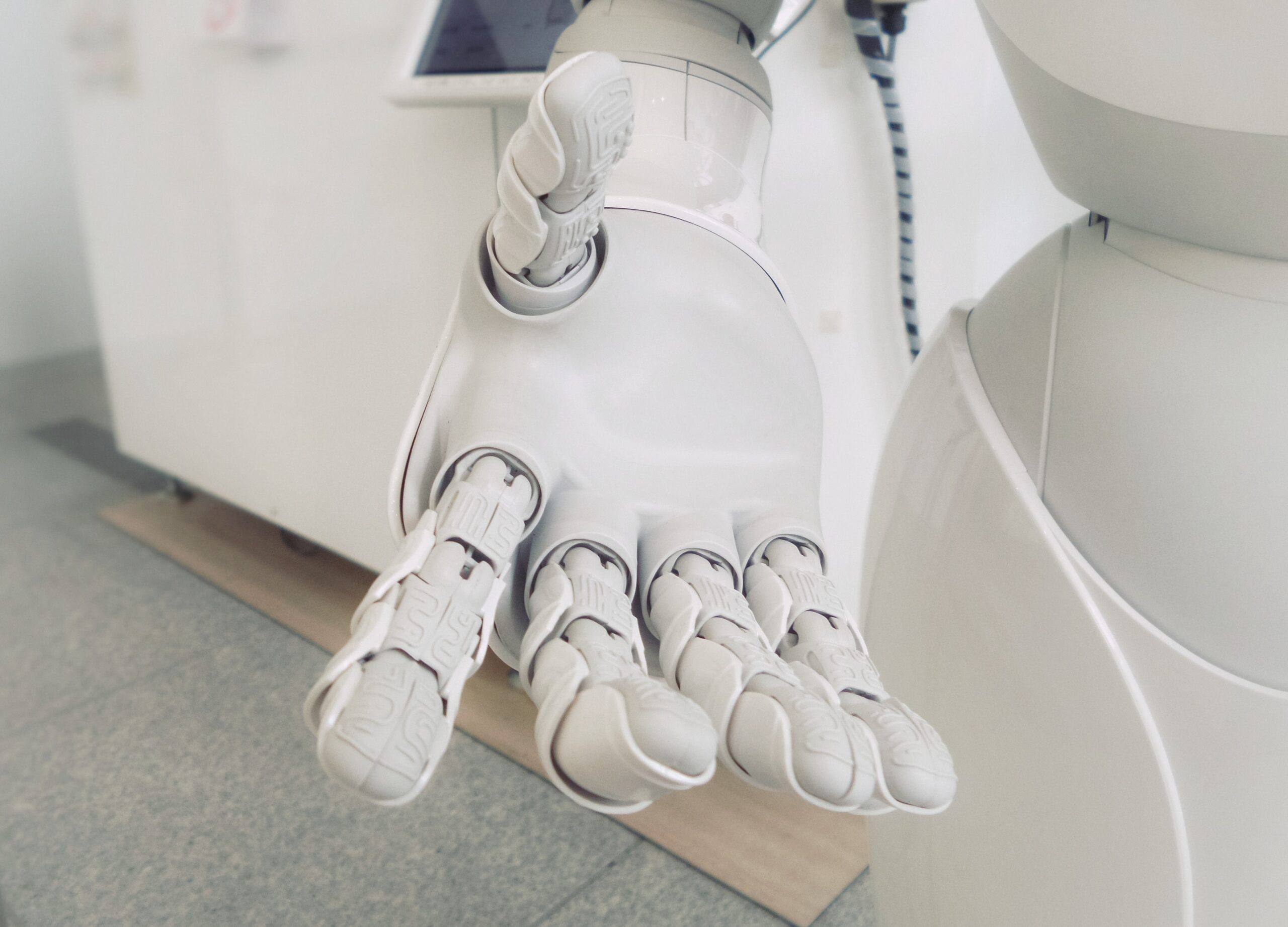The idea of robots that dominates our cultural mindset runs the gamut from friendly, somewhat clunky, R2D2 /C3P0 approximations, to the apocalyptic T-800 Terminator / Skynet scenarios. Indeed, when we picture robots we often think of humanoids in metal casing. Thankfully the future is in the hands of those with a livelier, friendlier vision: meet Daniela Rus of MIT, and ETH’s own Robert Katzschmann, two robotics engineers at the forefront of pivoting away from the hard geometries of classical humanoid robots— into the infinite possibilities of actuated intelligences in “soft bodies”.
Daniela Rus, who was named one of the most influential women in AI by Forbes, is among her other assignments, Director of the Computer Science and Artificial Intelligence Laboratory (CSAIL) at MIT. She also heads the USA Air Force - MIT AI Accelerator program, and has served in the White House as a member of the President’s Council of Advisors on Science & Technology. Her research revolves around robotics and artificial intelligence, with a keen focus on developing the science and engineering of autonomy.
Robert Katzschmann, Assistant Professor of Robotics at ETH Zurich, graduated from the Karlsruhe Institute of Technology (KIT), and earned his PHD in Mechanical Engineering from CSAIL (where he worked with Professor Rus). Before founding the Soft Robotics Lab at ETH Zurich, he held positions at Amazon Robotics and Dexai Robotics. He works to push robot abilities into real-life applications by being more compliant and better adapted to their environment to solve challenging tasks.
Rus and Katzschmann’s fascinating conversation with ETH’s Head of Foresight, Chris Luebkeman, introduces us to the wonderfully mind-expanding world of soft robotics: Origami bots, animal kingdom inspiration, smart cells, food robots(!), modular self-reconfiguring units… Here are a few highlights:




